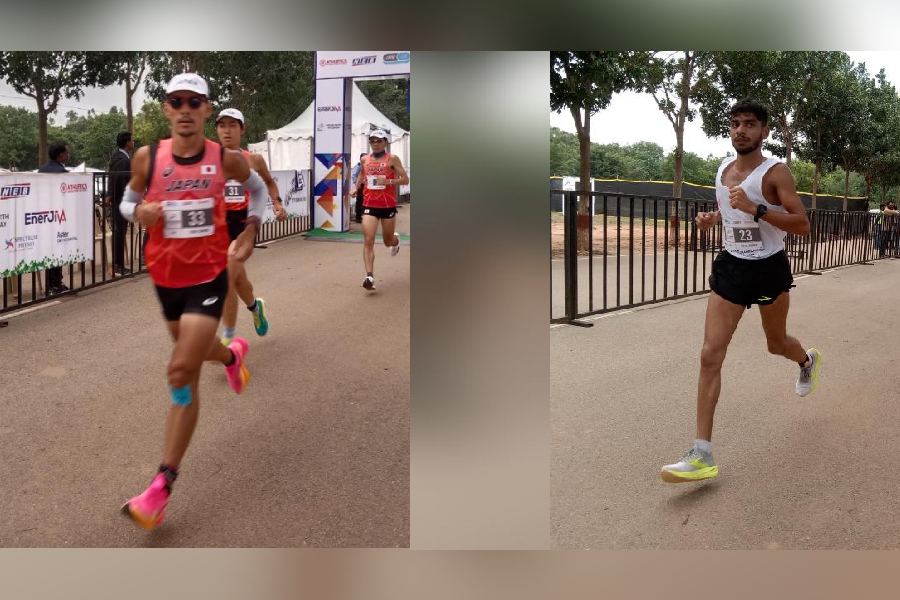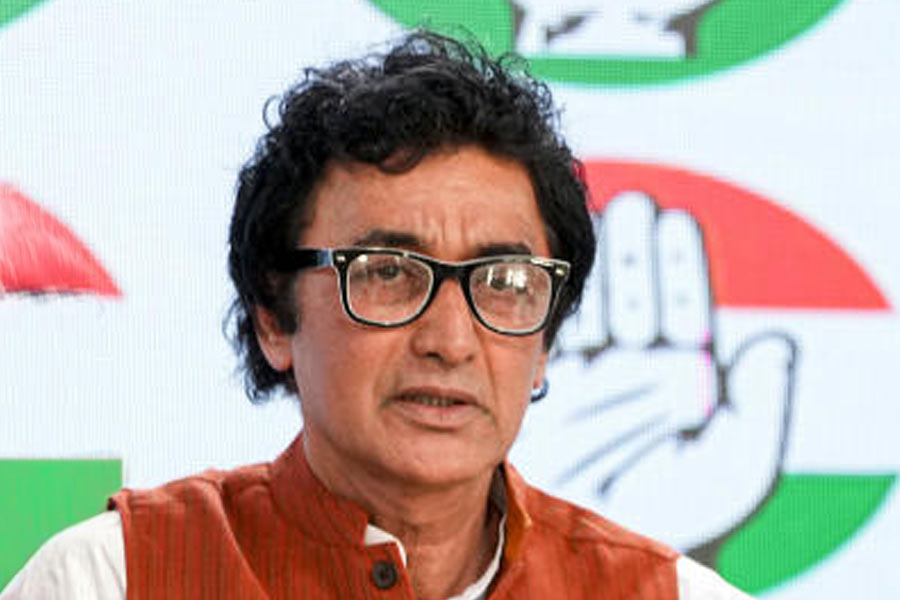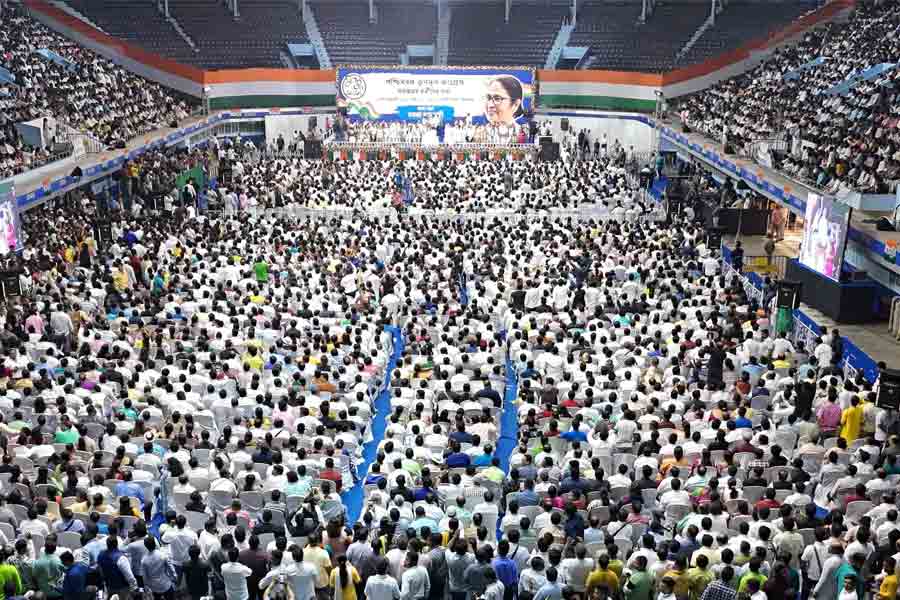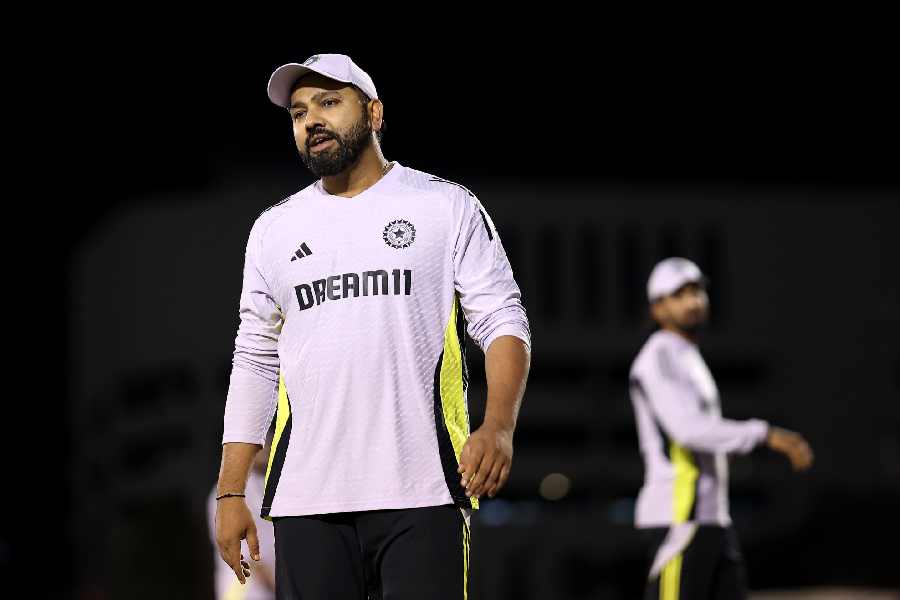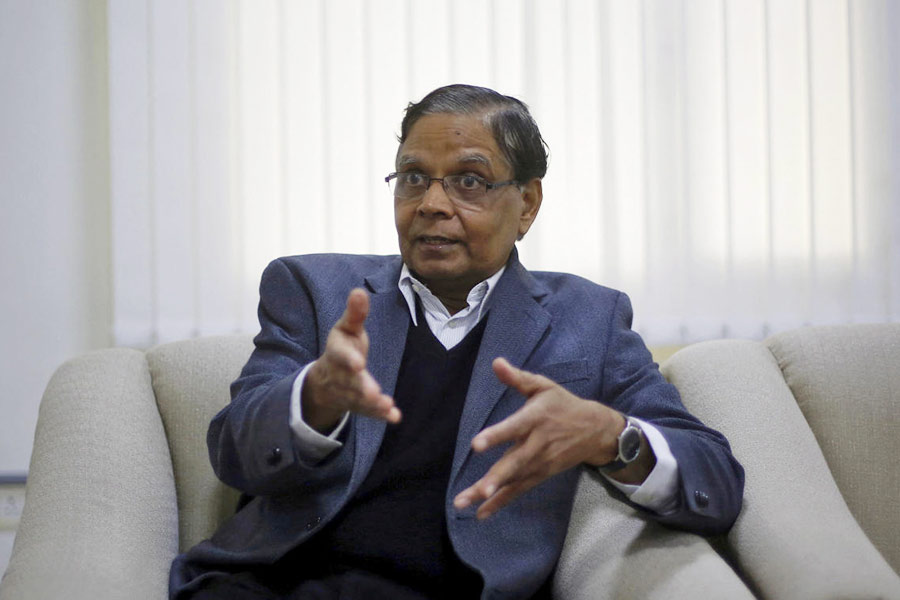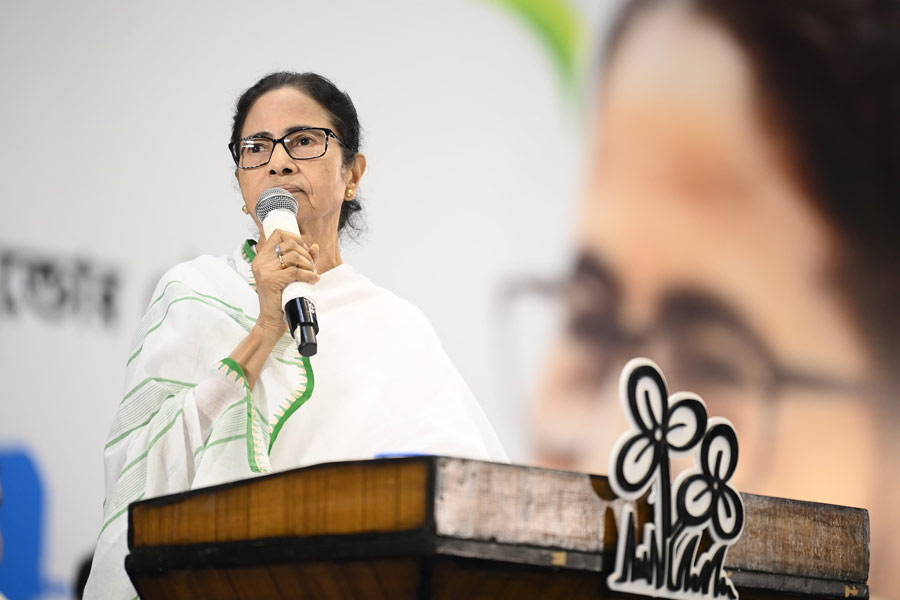Japanese runners swept the podium in both individual and team events at the 2023 IAU 100km Asia and Oceania Championship held in Bangalore on Sunday.
In the men’s race, Toru Somiya of Japan won by a good margin covering the distance in six hours, 39 minutes and 38 seconds, ahead of fellow compatriots Haruki Okayama (second place at 6:50:42) and Hideaki Yamauchi (third at 6:55:51).
The outcome in the women’s race was similar with Japan’s Miho Nakata (7:27:44) placing first followed by her teammates, Mai Fujisawa (7:45:49) and Mikiko Ota (7:54:33), in second and third, respectively.
In the team championship, the men’s category was easily won by Japan; its best three runners had an aggregate time of 20:26:11. India placed second with an aggregate of 22:21:13 and Chinese Taipei, third, with 29:25:54. In the women’s category, the team championship went to Japan with a total of 23:04:06. The second and third positions went to Australia (27:48;03) and Chinese Taipei (32:25:07), respectively.
Going into the race, expectations were high for the former world record holder Nao Kazami of Japan (he had a personal best [PB] of 6:09:14 for 100km) and Okayama (PB of 6:12:10). On race day, Kazami completed the first 11 laps of the five kilometre-course in 3:25:28 compared to 3:29:05 for Somiya. They completed 13 laps in 4:05:05 and 4:08:27 respectively. However, somewhere past the middle of the race, Kazami who was running strongly, began to struggle and fade. Somiya completed his 18th lap in 5:53:52. Kazami took 6:02:37 to finish 17 laps. Somiya steadily consolidated his position and emerged winner by a wide margin (Kazami eventually finished in 7:22:10).
According to his team manager, this was Somiya’s first appearance on the national running team. On the other hand, the winner among women, Miho Nakata, has been a member of Japan’s national team before. All in all, the Japanese team drove home the message that its participation raises performance levels at running competitions, comprehensively (India’s previous taste of an IAU championship — the 2022 IAU 24 Hour Asia and Oceania Championship, also held in Bangalore — hadn’t featured participation by the Japanese). Japan is among the countries where running is a much-respected sport and enjoys a great following.
India put up a good show at Sunday’s championship in Bangalore. Vipul Kumar finished fourth in the men’s category behind the top-placed Japanese trio. His gritty run took 7:06:10 to complete. He fell short of improving his national best (7:04:00) by a narrow margin. “Although the weather was an issue, I am very happy with my performance,” Vipul said.
The second and third fastest Indian runners were Amar Singh Devanda (7:27:48) and Saurav Kumar Ranjan (7:47:06). These three runs taken together, earned the Indian men’s team a second place in their gender category. However, in the women’s section, the Indian team suffered an unexpected setback when their top runner Jyoti Gawate (she holds the national record for women in 100 km — 8:20:00) was forced to pull out due to severe cramps. On Sunday, the fastest Indian woman to 100km was Shashi Mehta (8:52:38). She was followed by Gunjan Khurana (10:24:50). The race was held on a five kilometre-loop with successful completion entailing 20 laps of the circuit. Unfortunately, the Indian women couldn’t deliver three successful completions from their ranks, to be considered for the team championship.
Many runners spoke of the weather as a suddenly emergent challenge. In the days preceding the race, Bangalore had seen rain and experienced generally cool weather. The day before the race, at the time of the event’s opening ceremony, there was rain. It kindled hopes that the cool weather would continue. Race day commenced with cool weather. But a few hours later, the sun came out and the coolness gave way to heat and humidity. Add to it portions of the course described by some of the runners as less shaded or hosting an incline. From the hours merging morning to noon onward, the struggle was evident among the participant runners. Although they won the race by a fantastic margin, the timings of even the Japanese runners were not close to their personal bests. There were exceptions. India’s Amar Singh Devanda, Saurav Kumar Ranjan, Binay Sah (7:55:21) and Shashi Mehta managed new personal best.
The focus on ultrarunning in the country will now shift to the 2023 IAU 50km World Championship planned to be held in Hyderabad in November. Any distance more than a marathon is considered an ultramarathon, part of the larger world of ultrarunning, spanning trail and road and measured by distance and duration. IAU is the short form for the International Association of Ultrarunners, the global governing body for the sport. The 50km-race is among the shortest disciplines in ultrarunning and along with trail-based ultramarathons, one of the contenders currently showcased for potential inclusion in the Olympic Games. It is a fine hybrid of marathon-like speed, endurance, and a duration of competition that may sit well with broadcast media.
The writer is a freelance journalist

